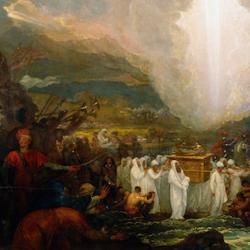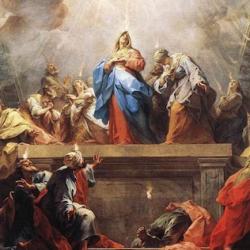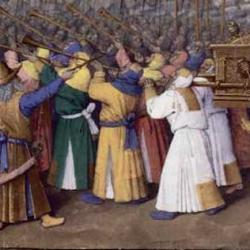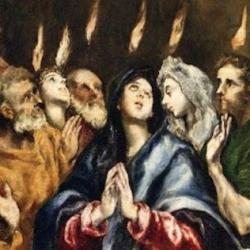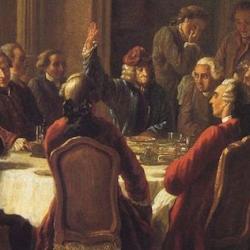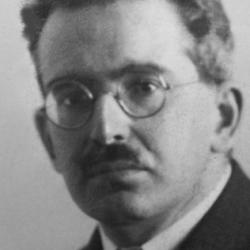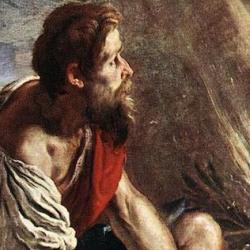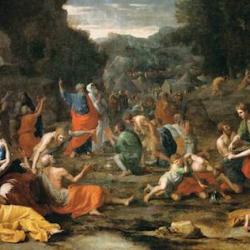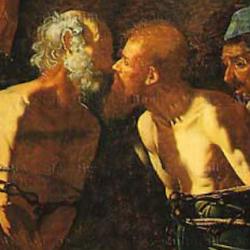The structural center of the second half of Joshua is Joshua 18:1-7. It seems a pause in the distribution of the land, as Joshua gives instructions to the seven remaining tribes about how they’ll receive their inheritance. The reference to Yahweh’s tent of meeting in verse 1 is so light that we may miss it. But it’s crucial not only to Joshua 18 but to the whole of the book. The tabernacle is mentioned only a handful of times in... Read more

